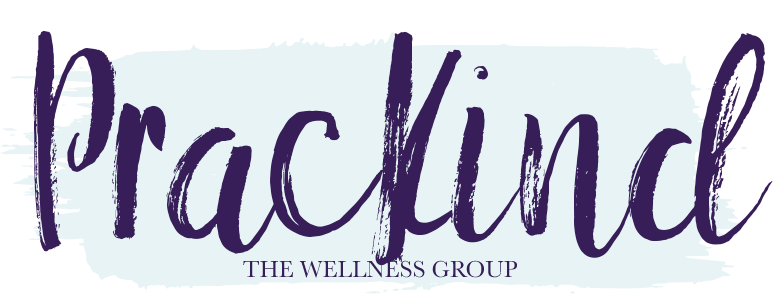Before The Pleasure Begins
This read is for adults only.
Let’s talk about pleasure.
And not just the cute candlelight, slow jams, steamy nights in the sheets kind. I'm talking about pleasure as in what actually feels good to you and your body, what feels good to your soul.
Pleasure is wellness. And we were created to experience it in its fullness, whatever that may look and feel like for you.
Pleasure is more than just sex. It’s a lifestyle. It’s a journey of creating wellness in the mind, body and spirit. As humans we have a need to feel seen, heard and understood. When these needs are nurtured and fully met in the context of a committed relationship, we feel loved and connected.
And this pleasure happens way before the bedroom.
For many women, men and couples, there's so much pressure and expectation to show up as strong, soft, and everything in between. This can be exhausting and make it difficult for us to connect not only with our partner but with ourselves.
Pleasure is our birthright. And it’s time to reclaim it.
But first, let’s get into what we actually need within ourselves to truly experience authentic pleasure - with your partner, yes, but most importantly with ourselves.
It starts with agency and autonomy.
Your body is yours. When you own your autonomy, pleasure becomes personal. You get to say yes. You get to say no. You get to say later. You get to say not right now.
Bodily autonomy means you decide what happens to your body. It’s your right to choose when it comes to your body, your health, or your space. Agency is about having the power to make choices for your life and actually act on them. It’s not just knowing what you want, but having the freedom and support to make it happen.
Let’s say you just had a baby, and you don’t want your auntie or anyone kissing you or the baby on the face. That’s your bodily autonomy in action - you’re choosing to set a boundary around your body and your child’s.
But what if you feel like you can’t say anything because your other family will blatantly judge or call you out on it? That’s where agency is in play. You know and choose your boundary, but you don’t feel supported enough to act on it. That’s your agency being limited.
If we decide to say no to something (autonomy), we also need the space and support to live out our choices (agency). Both matter and work together. Whether it’s love, health, work, or parenting, owning both is key to living fully on your own terms.
For many, traumatic experiences (both witnessed and lived) have made it difficult for you to choose and trust your own voice (autonomy) and harder to use and act on it when it matters most (agency).
To experience pleasure at its fullest, you have to feel safe in your body and own what belongs to you. When we understand the differences between autonomy and agency, and their relationship to our pleasure, we can start reclaiming them both.
Healing from trauma takes time, and we must recognize where it needs to happen and get the support needed to help guide us along the way.
Next comes awareness.
You are the expert on your body. You are the first to know what it wants and needs.
What do you like? What can’t you stand?
What feels good to you? What feels uncomfortable?
What turns you on - emotionally, mentally and sexually? What turns you off?
Self-awareness is the foundation of pleasure. When you truly understand and are connected with yourself unashamedly, you can start to remove the pressure of performing and step into the art of experiencing.
After you have owned body autonomy and agency, and have self-awareness, it’s time to communicate and create agreements with your partner.
Here’s where you communicate what you desire and need, what you like or dislike, and agree to what you’re willing to try or put into play.
Here is where connection and consent lie. It’s an opportunity to get on the same page with how you want to give and receive pleasure. Consent isn’t just a yes or no - it's an ongoing conversation that’s loving, genuine and mutual. Clear, kind and honest communication helps develop closeness.
Connection happens when both people are truly present, listening and tuned in to one another. Emotional safety is created when you know your heart is heard without attack and you’re seen and fully accepted as you are. Without connection and emotional safety with your partner, pleasure is just a performance. And nobody wants that.
Can you listen gently without judgment?
Do you hold space for your partner's feelings, even the big and messy ones?
Can you provide genuine empathy and express understanding in a way they can hear?
Before we can connect deeply with someone else, we have to first connect with ourselves and then practice creating (emotional) safety for the one we love that honors their voice, needs and desires.
So whether you’re exploring intimacy with your partner or learning to enjoy solo time with yourself: create space for pleasure and explore what feels good to you.
You deserve nothing less.
And if you need support connecting with yourself or your partner, reach out. We’re here to help.

